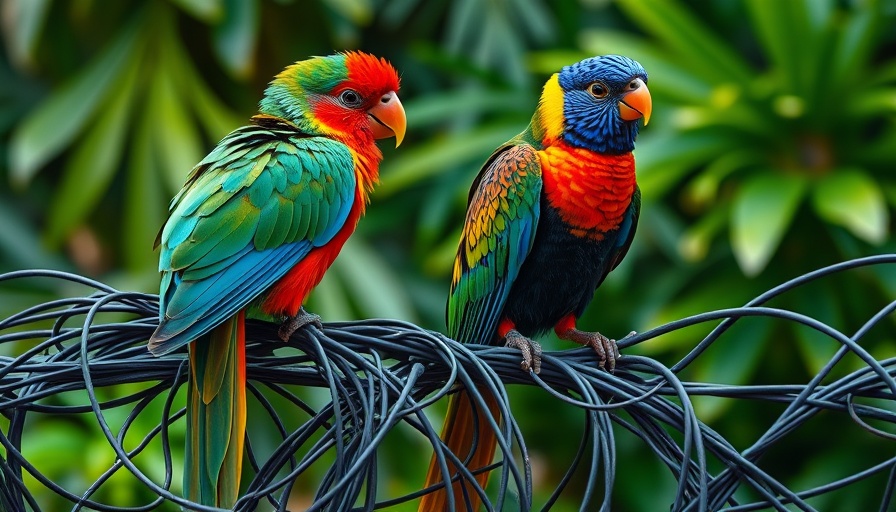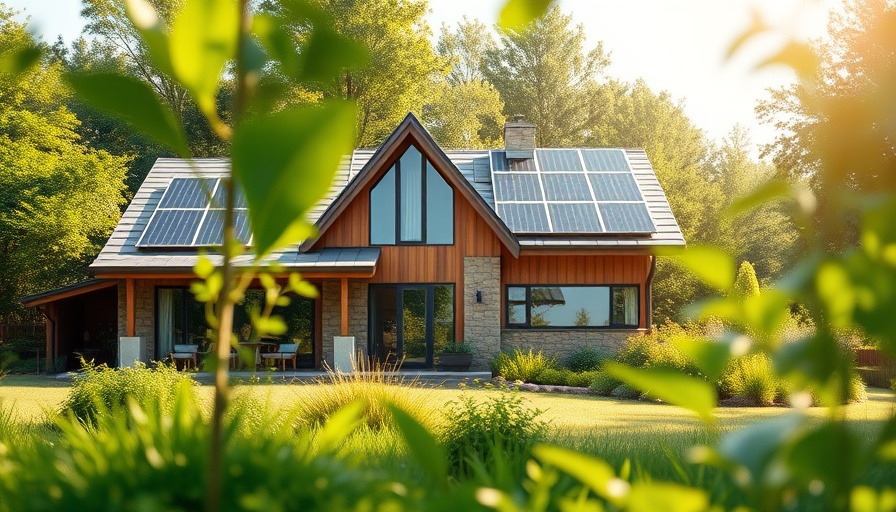
Fossil Fuel Heat: A Hidden Threat to Tropical Birds
As the threat of climate change looms larger, new research underscores its alarming impact on biodiversity, particularly on tropical bird populations. A recent study published in Nature Ecology and Evolution reveals that extreme heat—driven by fossil fuel emissions—has precipitated a dramatic decline in tropical bird populations, estimating a decrease of 25 to 38 percent since the 1950s. This groundbreaking research is the first of its kind to assess the direct relationship between fossil fuel-driven climate change and wildlife loss.
Lead author Dr. Maximilian Kotz, a climate scientist, collaborated with biodiversity specialists to develop a technique that attributes declining bird populations to climate change. Their work emerged from a serendipitous meeting at the University of Queensland, showcasing the need for interdisciplinary approaches in addressing climate issues. Dr. Kotz emphasizes the gravity of increasing frequency and severity of heat extremes, linking them with both immediate mortality and long-term effects on breeding success and survival rates of bird species.
Understanding Climate Attribution in Wildlife Decline
Climate attribution is an emerging scientific field that connects the dots between human-induced climate change and its various impacts. By investigating historical climate records and bird population data, the study clarifies the direct causative link between heightened temperatures and the dwindling numbers of tropical birds. Through this analysis, researchers have uncovered that even highly protected environments, such as pristine rainforests, are not immune to the adverse impacts of rising temperatures. This information is crucial for conservation efforts, emphasizing the need for immediate climate actions that mitigate fossil fuel reliance.
Impact of Heat Extremes on Bird Populations
The implications of extreme heat events are far-reaching. According to Dr. Peter Soroye, another scientist involved in the research, high temperatures can lead to hyperthermia and dehydration, both of which are lethal. Even when birds manage to survive acute heat spikes, their physiological state can worsen—affecting breeding behavior and overall body condition. This dual challenge places an immense strain on wildlife, compelling scientists and conservationists to rethink strategies that prioritize the protection of delicate avian species under stress.
The Bigger Picture: Addressing Climate Change
As we unpack the consequences of fossil fuel emissions on wildlife populations, it becomes increasingly evident that addressing climate change must be a priority. Sustainable living practices, including renewable energy adoption and a circular economy, hold the key to safeguarding our planet's biodiversity. Individuals and communities can make impactful decisions that lead to reduced carbon footprints, embrace eco-friendly products, and support energy-efficient initiatives.
By understanding the far-reaching impacts of climate change on wildlife, eco-conscious consumers can make informed choices that support sustainable agriculture, clean energy, and green technologies. This collective effort can contribute to a viable future for both humans and our irreplaceable wildlife.
Taking Action for a Sustainable Future
The decline of tropical birds is a stark reminder of the fragility of our ecosystems in the face of climate change. As aware citizens, we must take proactive steps to combat fossil-fuel reliance and advocate for sustainable practices that ensure the health of our environment. Embracing a lifestyle rooted in community gardening, ethical consumerism, green living, and reducing waste can fundamentally reshape our ecological footprint.
While individual choices may seem small, they accumulate into a powerful wave of change. Let this research serve as a clarion call to prioritize environmental stewardship and foster a commitment to sustainability in our daily lives, thus ensuring thriving ecosystems for generations to come.
 Add Row
Add Row  Add
Add 



Write A Comment